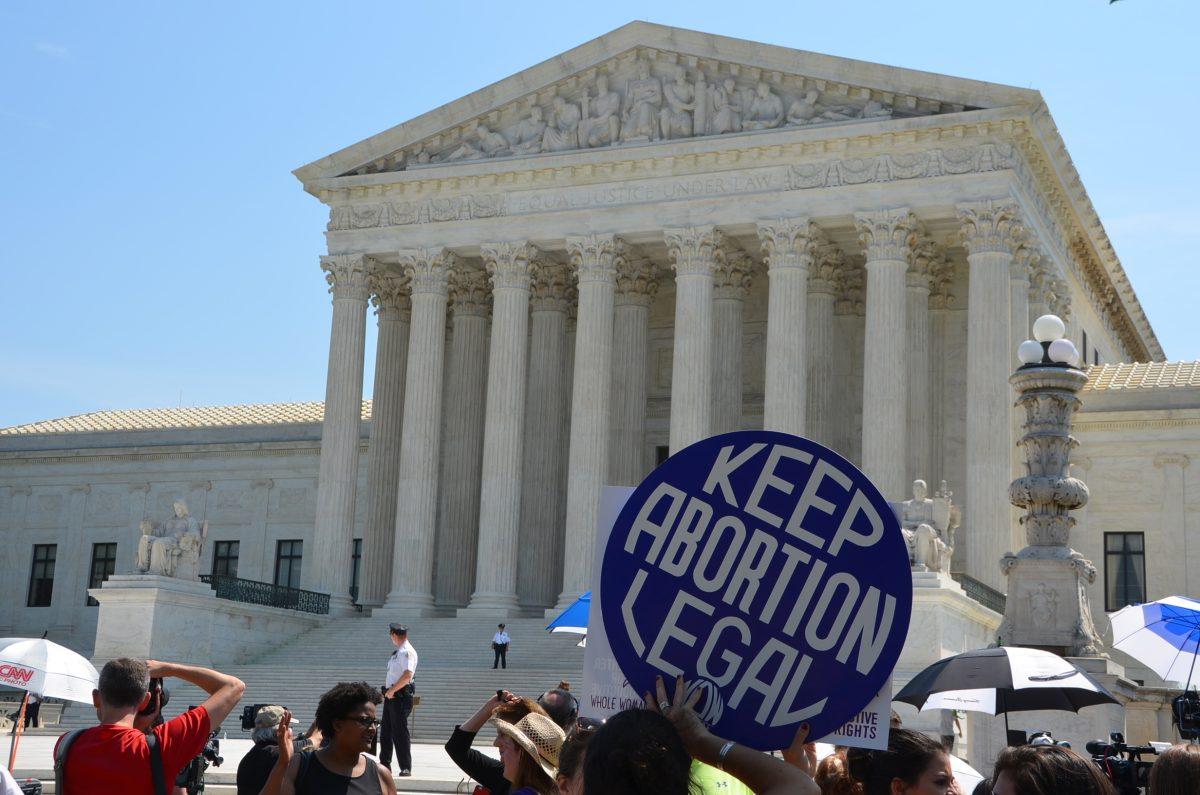On Sept. 9, the U.S. Department of Justice sued Texas over the state’s new abortion law, saying it is “in open defiance of the Constitution.”
“It is settled constitutional law that ‘a State may not prohibit any woman from making the ultimate decision to terminate her pregnancy before viability,’ says the lawsuit, Planned Parenthood of Se. Pa. v. Casey. “But Texas has done just that.”
The law states that no state authority is allowed to enforce the law and instead allows for “private civil actions.” The lawsuit says Texas chose that specific approach in order “to insulate the State from responsibility.”
Through this method of enforcement, ordinary citizens can report abortions that break the new law to receive a reward of a minimum of $10,000 from the state. Reporting doesn’t directly target women undergoing abortions, but it allows for anyone that “knowingly engages in conduct that aids or abets the performance or inducement of [an] abortion” to be sued. This could include the patient’s driver, doctor, or anyone that provides financial assistance for the patient.
“I really do think that the strong punishments against the physicians is good, and along with that I think the citizen enforcement is really good,” said student Jared Poortinga. “If somebody can be prosecuted even if they drive somebody to an abortion facility for an abortion to be performed, it is a strong deterrent.”
Others, such as Drake junior Laura Guck, have voiced concerns about the new bill’s impact.
“Frankly, it’s kind of heartbreaking, because the services that abortion clinics are trying to provide is so important, and they’re just trying to do their jobs and help people,” Guck said. “Anyone who is aiding with someone getting an abortion is just trying to look out for that person’s best interest.”
Some states, including Florida and South Dakota, have stated they are working to draft legislation similar to the Texas bill. Other states, such as Iowa, already have anti-abortion legislation in the legislative pipeline. The Iowa legislation, which proposes an amendment to the state constitution, could be used to ban abortions and more.
“The amendment could put any protection for abortion at risk. If a court case came to the Iowa Supreme Court and says, ‘we do allow abortion if it’s to save the life of the mother,’ the Supreme Court could look at Iowa’s Constitution with this amendment and say ’no you don’t,’” Iowa House Minority Leader Jennifer Konfrst said. “It could require women to put IVF embryos that are not used for implantation up for adoption. It could ban some forms of birth control. There are many, many things that could go before the Iowa Supreme Court and put common sense things that Iowans support at risk.”
The Iowa legislation has passed the 89th General Assembly, but it must also pass the 90th General Assembly and be voted on by the general public before it can go into effect.







